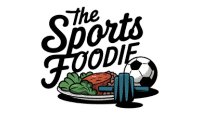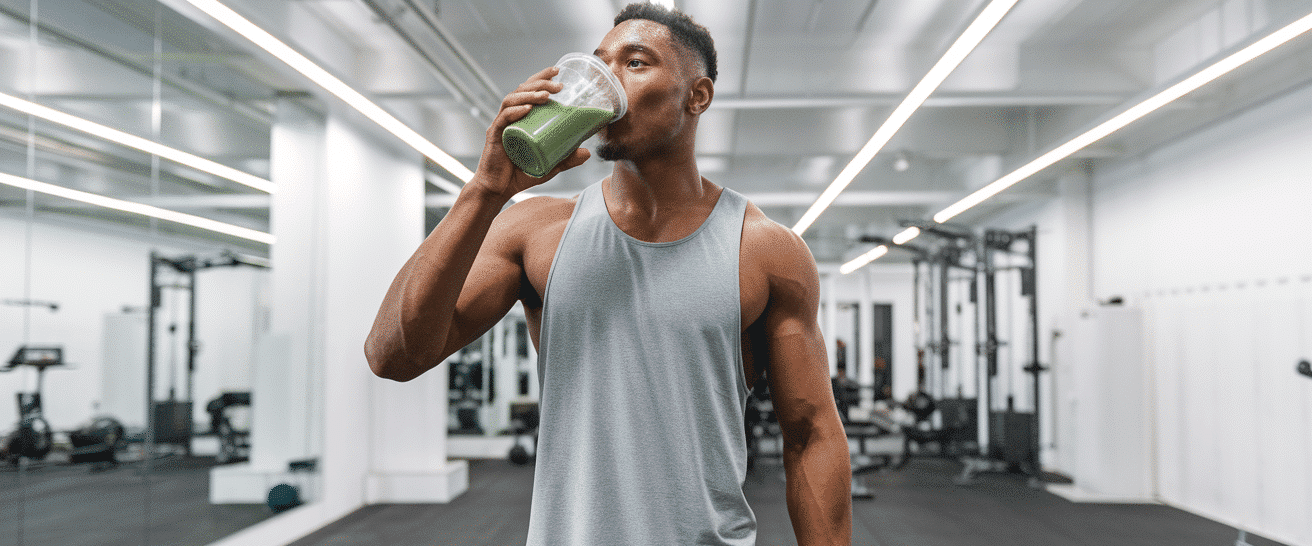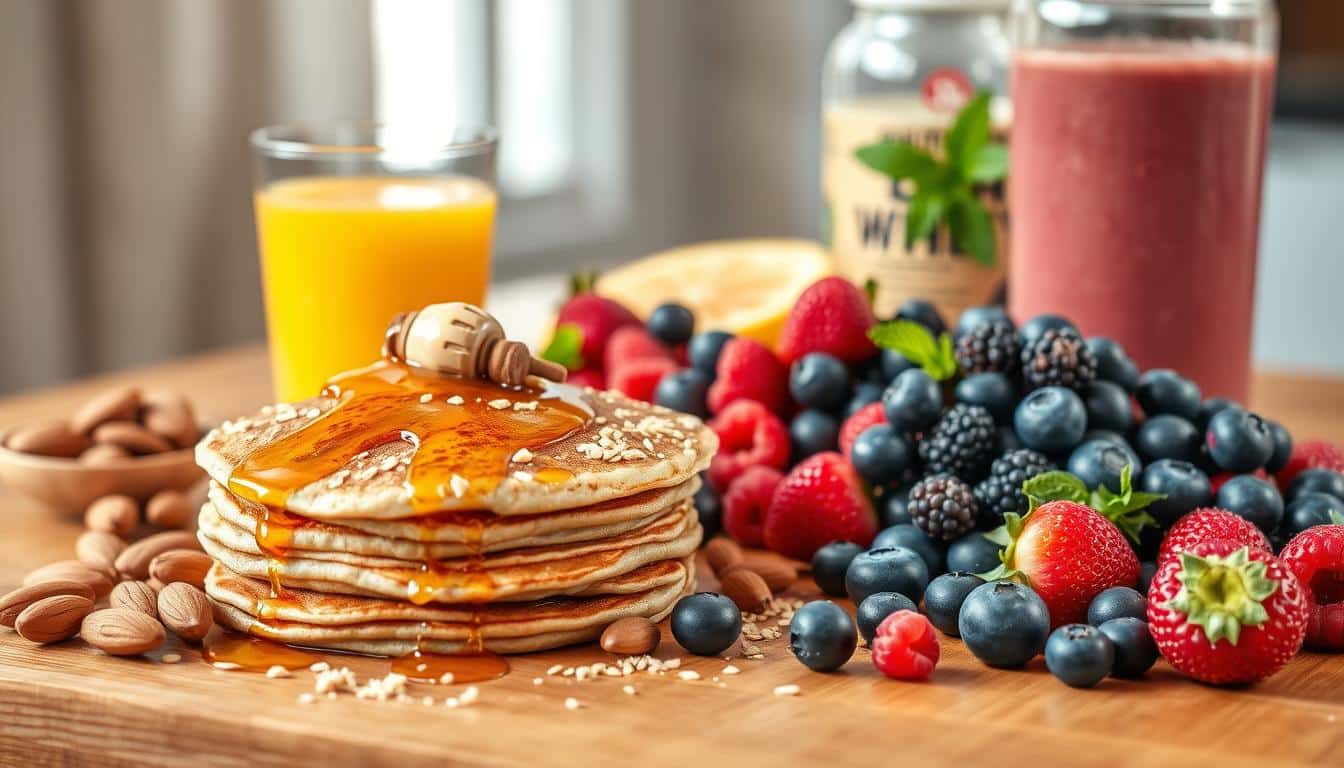Fueling your body right can make all the difference in your workout performance. Whether you’re lifting heavy or pushing through endurance sets, the right nutrition sets the stage for success. Eating smart before hitting the gym helps maximize energy, strength, and recovery.
Pairing carbs and protein before training enhances your ability to power through each rep. Timing matters too—eating too early or too late can impact how you feel during exercise. Let’s break down the essentials to help you crush your next session.
Why Pre-Workout Nutrition Matters
Your muscles rely on proper fuel to perform at their best. Think of glycogen stores as your body’s gas tank—empty, and you’ll struggle to power through your workout. Skipping pre-exercise nutrition forces your body to burn muscle instead of fat, especially during high-intensity sessions.
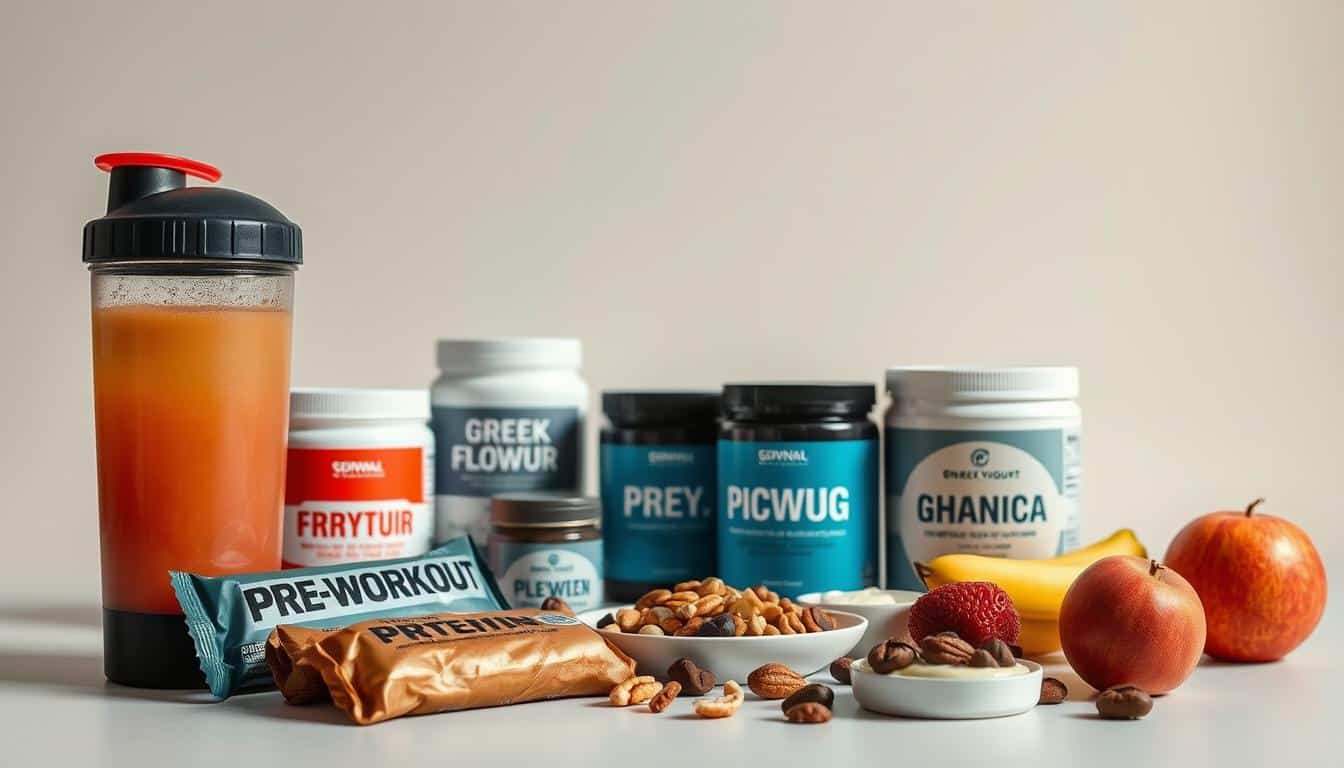
Carbs play a crucial role here. They prevent protein catabolism, ensuring your muscle stays intact. Hydration also supports performance, keeping you energized and focused. Without these, fatigue and dizziness can derail your progress.
Morning lifters, take note: Even a small snack can prevent mid-session crashes. A study found that fed lifters completed 23% more reps than those who trained fasted. Proper nutrition acts like insurance, protecting your energy and helping you achieve your goals.
Here’s the bottom line: Pre-workout fueling isn’t just about feeling good—it’s about maximizing your results. Give your body what it needs, and you’ll see the difference in every rep, set, and session.
What to Eat Before Weight Training
The right foods can supercharge your gym session and keep you energized. Each macronutrient plays a unique role in preparing your body for lifting. Carbs, protein, and fat work together to optimize performance and recovery.
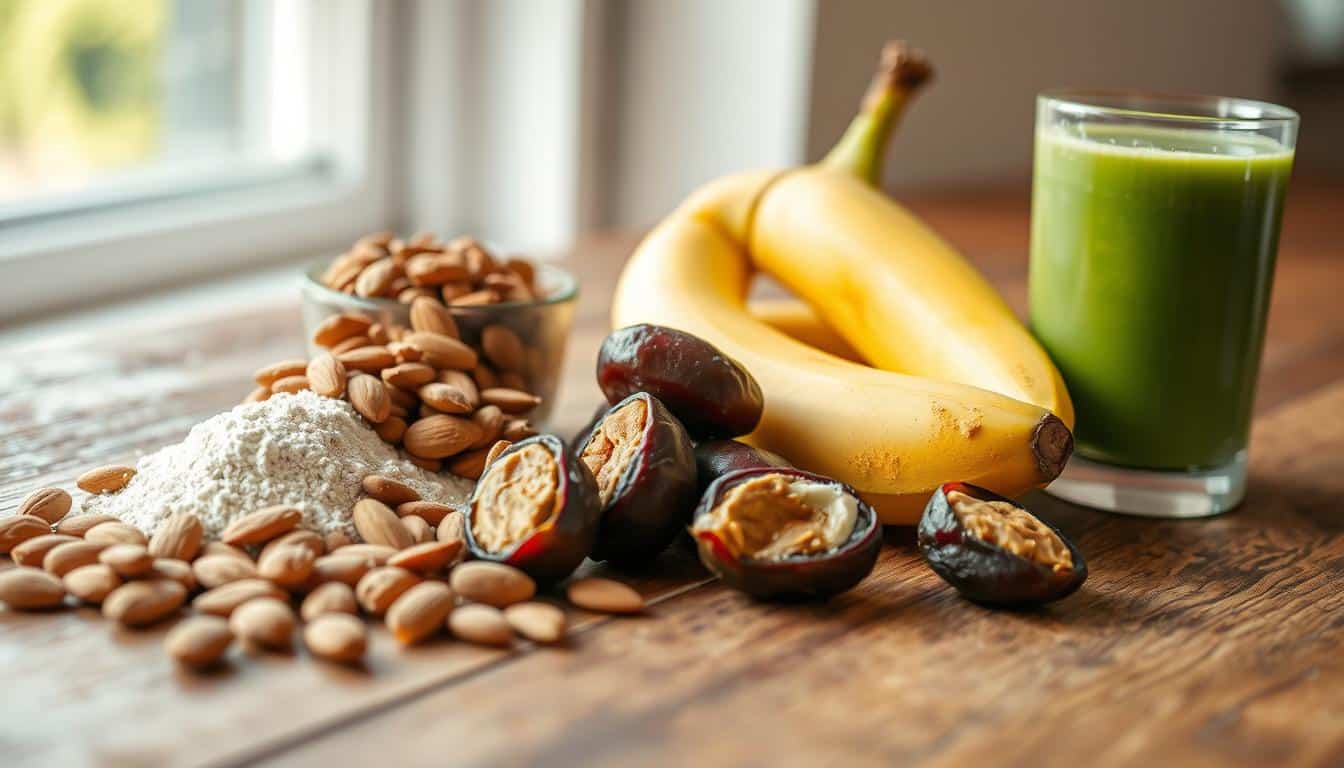
The Role of Carbohydrates
Carbs are your body’s primary fuel source during intense sessions. They replenish glycogen stores, which last about 60-90 minutes. For quick energy, grab a banana or a bowl of quick oats. For endurance, opt for complex carbs like sweet potatoes.
The Role of Protein
Protein boosts muscle synthesis by 33%, helping you recover faster. Greek yogurt two hours before your workout is a great choice. It provides amino acids without feeling heavy on your stomach.
The Role of Fat
Fats are ideal for longer, endurance-focused sessions. Avocado toast three hours before your workout sustains energy levels. They’re slow-digesting, so timing is key.
Pro tip: Blend macronutrients for balanced energy. Try almond butter on whole-grain bread with banana slices. This combo keeps you fueled and focused.
Science fact: Glycogen stores deplete after 60-90 minutes. Plan your carb intake accordingly to avoid mid-session fatigue. For more ideas, check out these high-energy breakfast foods.
Timing Your Pre-Workout Meal
When you eat is just as important as what you eat before hitting the gym. Proper timing ensures your body has the energy it needs to power through every rep and set. Whether you’re planning a long session or a quick workout, aligning your meals and snacks with your schedule can make a big difference.
Meal Timing for Longer Workouts
For intense sessions lasting over an hour, aim to eat a full meal 3-4 hours beforehand. This gives your body enough time to digest and convert food into energy. Focus on complex carbs like brown rice and lean proteins such as chicken. These provide sustained fuel to keep you going strong.
Snack Timing for Shorter Workouts
If you’re short on time, grab a fast-digesting snack about 1 hour before your session. Rice cakes with honey or a banana are great options. For emergencies, like when you only have 45 minutes, sip on BCAA-infused water for instant fuel without the bulk.
Here’s a quick guide:
- 7am workout? Eat a banana at 6am, toast at 5:30am, or an omelet at 4am.
- Golden rule: More time = bigger meals, less time = simpler carbs.
Examples of Pre-Workout Meals
Smart meal choices set the stage for a stronger workout. Whether you’re planning a feast or a quick bite, the right foods can fuel your session and keep you energized. Here are some practical examples to help you nail your pre-gym nutrition.
Meals for Workouts Starting in 2-3 Hours
If you have a few hours before hitting the gym, go for a balanced meal that includes carbs, protein, and healthy fats. Here are some ideas:
- Grilled salmon (6oz) with quinoa (1 cup) and roasted broccoli.
- Chicken sandwich on whole-grain bread with a side salad.
- Chickpea salad wrap with a glass of coconut water (vegan-friendly).
Snacks for Workouts Starting in 1 Hour
Short on time? Opt for a light snack that digests quickly. These options are perfect for a quick energy boost:
- Greek yogurt with a handful of berries.
- Apple slices with almond butter (2 tbsp) and a hard-boiled egg.
- Rice cake with jam and a cup of iced green tea.
For budget-friendly options, try canned tuna (½ cup) on whole-grain crackers. Or grab a banana for a quick, portable fix. The key is to choose foods that work for your schedule and keep you feeling strong.
Supplements to Enhance Performance
Boost your gym performance with the right supplements. While trendy options flood the market, evidence-based choices like creatine and caffeine deliver real results. Let’s explore how these can help you lift heavier, recover faster, and stay focused.
According to the ISSN, 5g of creatine pre-workout can increase max lifts by 15% over four weeks. It’s a game-changer for strength and recovery. Similarly, 200mg of caffeine (about one strong coffee) boosts mental focus within 20 minutes, helping you power through tough sets.
Beta-alanine is another standout. It reduces muscle burn during high-rep sets, making it ideal for endurance training. For intra-workout sipping, mix BCAAs with electrolytes to stay hydrated and energized.
| Supplement | Benefit | Recommended Dose |
|---|---|---|
| Creatine | Increases strength and recovery | 5g pre-workout |
| Caffeine | Boosts focus and energy | 200mg pre-workout |
| Beta-Alanine | Reduces muscle burn | 3-6g daily |
Pro tip: Avoid stacking multiple supplements without consulting a doctor. While they can enhance performance, safety should always come first. Stick to proven options like protein shakes, creatine, and caffeine for reliable results.
Hydration Before Weight Training
Staying hydrated is a game-changer for your gym performance. Proper hydration ensures your body functions at its best, whether you’re lifting heavy or pushing through endurance sets. Dehydration can lead to fatigue, cramps, and reduced focus, so it’s essential to drink up before hitting the weights.
The American College of Sports Medicine (ACSM) recommends drinking 17oz of water two hours before exercise. Adding a pinch of salt to your drink helps with better fluid retention. This simple trick keeps you energized and ready to crush your session.
- Drink one water bottle (16oz) two hours before your workout.
- Have another 8oz 30 minutes prior to starting.
- Check your urine color—pale lemonade means you’re hydrated, while apple juice means you need to drink more.
For an extra boost, swap sugary sports drinks with coconut water. It’s packed with natural electrolytes and keeps you hydrated without the added sugar. Remember, sip don’t chug—overhydration can be just as harmful as dehydration.
| Time Before Workout | Water Intake | Tips |
|---|---|---|
| 2 hours | 16oz | Add a pinch of salt for better retention. |
| 30 minutes | 8oz | Opt for coconut water for electrolytes. |
By following these guidelines, you’ll ensure your body is ready to perform at its peak every day. Stay hydrated, stay strong, and make every workout count!
Conclusion
Achieving peak gym results starts with smart choices. Focus on balance in your meals—combine protein and complex carbs for longer sessions, and opt for simple carbs when time is tight. Experiment with timing and track your energy levels in a workout journal to find what works best for you.
Hydration is just as crucial as nutrition. Drink water consistently and consider natural options like coconut water for added electrolytes. When in doubt, whole food snacks are always a better choice than supplements.
Customize your approach based on your workout type. For personalized plans, consult a dietitian. With the right strategy, you’ll enhance your performance and support your overall health. Start small, stay consistent, and watch your progress soar!
